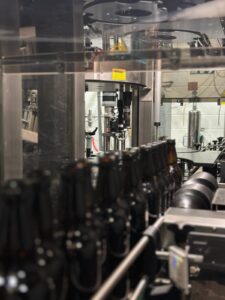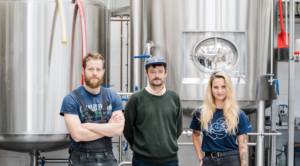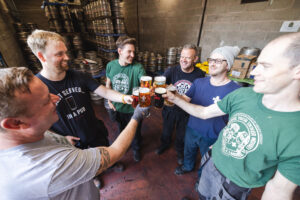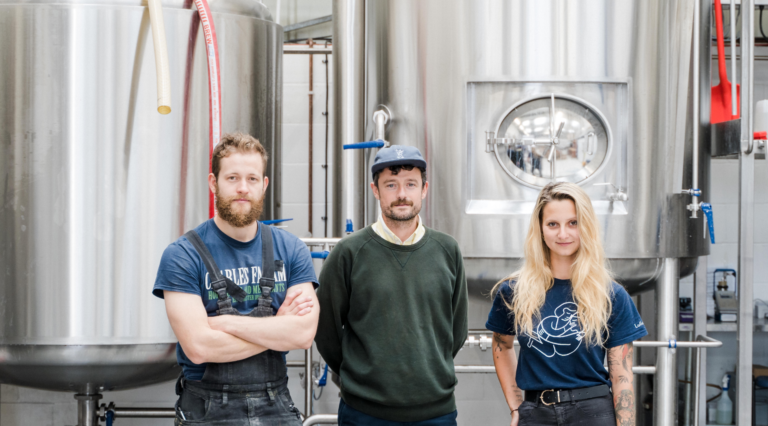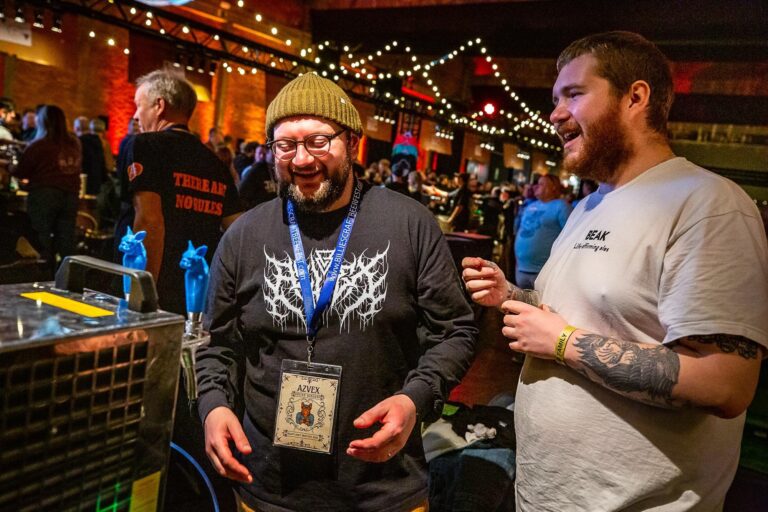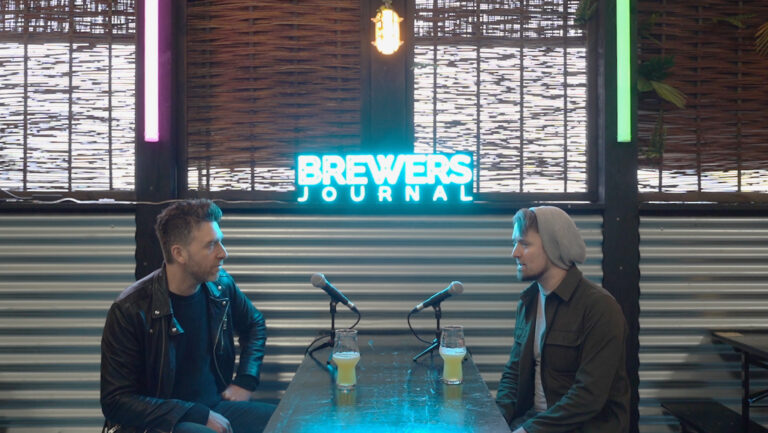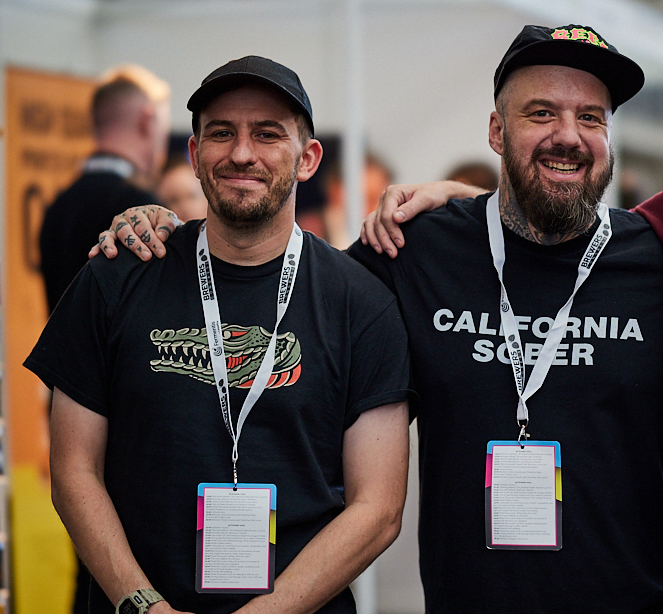People are always telling me that the American brewing scene is five or even 10 years ahead of our own. I don’t subscribe to that – international comparisons can’t ever be that easy. For example, we are light years ahead in our cask beer, and I’m yet to taste an American lager I’ve liked.
But my recent trip to Philadelphia for the Craft Beer Conference showed me one way that America is about 10 years ahead – the business of beer. I wandered open mouthed around the equipment expo, which was bigger than any trade show I have ever scene in the UK regardless of the sector.
Thousands of companies, all off-shoots of the insane growth in good beer, flaunted their wares in true American fashion. Neon signs glowed from every corner, rows tap handle lined each side of the aisles, hop growers gave out free samples of obscure new varieties, and several engineering companies had wheeled whole brewhouses in to show off.
All around the main hall at the epic Pennsylvania Convention Centre were countless seminars, focus groups and spontaneous meetings. We saw the great Michael Kiser of Good Beer Hunting give a talk on storytelling, watched debates on managing distributor/brewery relations and, frighteningly, a talk on how to get the best price when selling your business.
Several of the breweries and distributers we met with said that a lot of the year’s business was done at this event, because all the people you could ever want to meet are there in one place. It was all business, but true to the industry it was all done over a few beers.
After a few days I got the opportunity to interview Bob Pease, the CEO of the Brewer’s Association that organises the event. He’s worked for this non-profit industry champion since the mid 90s, so he’s seen the huge steps brewers have taken in the last 20 years, from barely a dot on the macrobrewers’ radars to 25% of the market by dollar. That situation still feels like dreamland for UK brewers with our railway arches or small warehouses. But we have to plan for it.
The biggest takeaway I got as both a marketer and a beer filmmaker/writer was that our brewers may be catching up fast in their beer, but their business approach isn’t. Obviously infrastructures and markets take time to grow, and craft beer has been held back by the absurd pub ties that restrict bar space, but our beer quality is way beyond our business acumen.
In some ways that’s brilliant. The last thing we really want are seasoned business men making corporate choices for small, family businesses. That would take the joy and potentially the creativity out of craft brewing.
But in a growing industry if you stay the same size you effectively shrink. Somewhere along the line we need some business nous to come into the industry, whether it’s in the form of an industry representative or just a more business like approach to sales and support in breweries.
The aborted United Craft Brewers was an example of how cynicism in the British industry has led to an inability to club together. The fact that they went their own way rather than teaming up with the well intentioned but of ineffective SIBA shows cracks we are trying to paper over as brewers and writers.
I found it bizarre to watch people revel in its failure though – even those against a definition of craft beer should recognise the need for small businesses to receive support. The UCB was seen as “big craft” promoting itself and declaring their own self-importance, but could have been of huge benefit to the smaller guys.
Say what you will of Brewdog and Camden, but their sales force, branding, marketing, daring and unique business approaches are as important as their beer. To some extent it is the difference between them and smaller breweries with equally good (or better) beer.
These great, less savvy breweries are riding on a wave of popularity at the moment, but when that wave breaks many might need help staying afloat. We need a way to offer connections, ideas and products to people who are so busy they struggle to escape the mist of their own mash tun.
An industry body as well intentioned at the Brewer’s Association would go a long way to doing that, connecting people, educating brewers and customers alike, and most importantly helping with export. Being independent shouldn’t mean doing it all alone.


